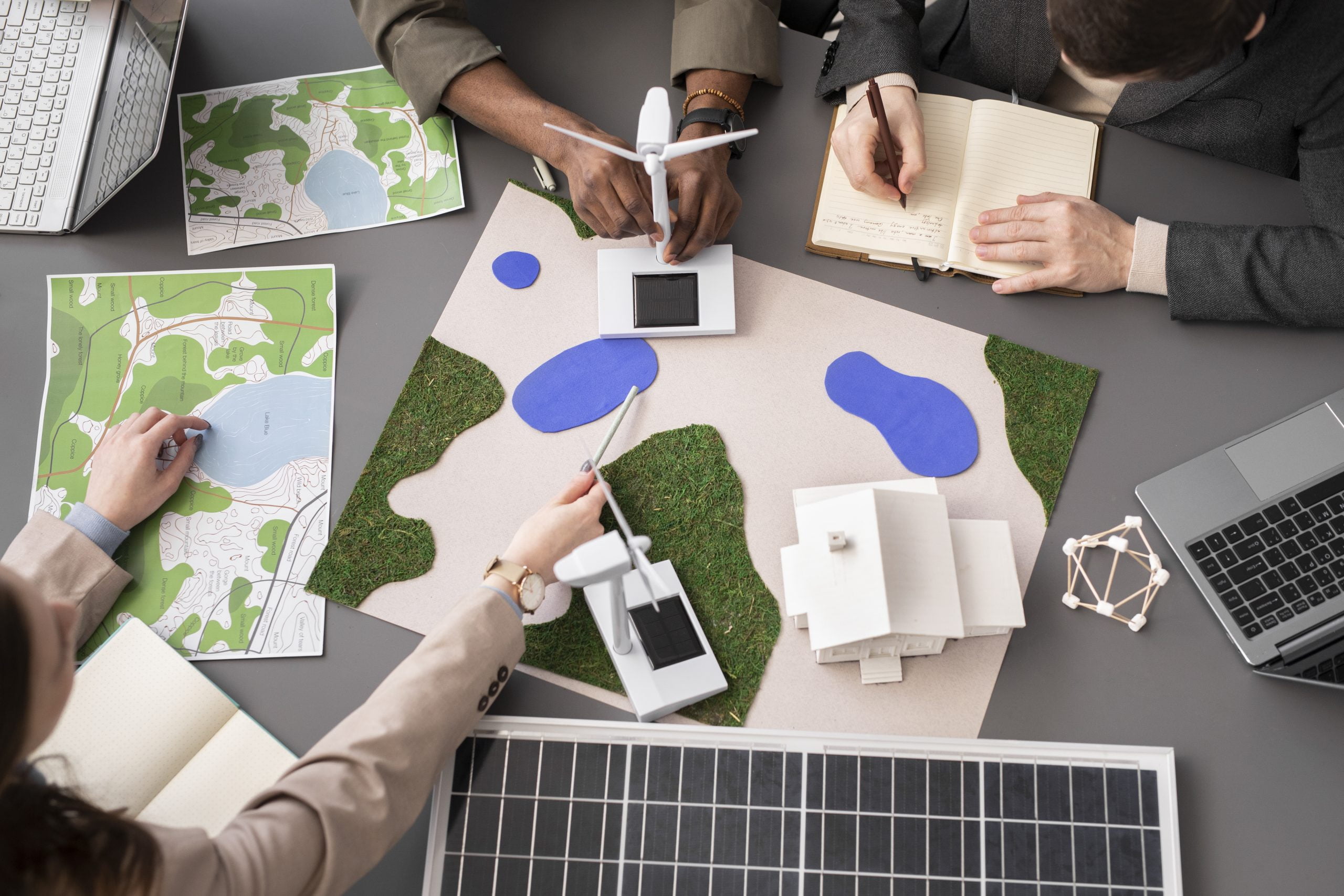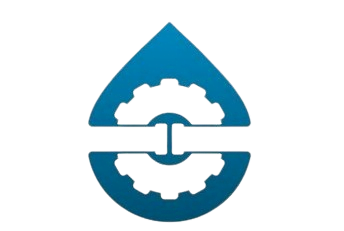
To recover energy, nutrients and fresh water from urban and industrial sources, various technologies can be used that help in sustainable management of resources and maintaining ecological balance.
1. **Energy recycling**:
– Using renewable energy production systems such as solar panels and wind turbines that produce energy from natural sources.
– Recovery of thermal energy from urban and industrial thermal waste through reheating systems.
– The use of energy conversion technologies from organic waste such as biogas and biomethanol, which recover energy from the decay of organic materials.
2. **Recycling nutrients**:
– Carrying out composting processes to recycle organic materials from urban and industrial waste, which can help strengthen the soil and reduce the use of chemical fertilizers.
– Using advanced technologies to recycle phosphorus, nitrogen and other nutrients from sewage and waste, which helps to improve soil quality and preserve biodiversity.
3. **fresh water recycling**:
– Using water purification technologies such as reverse osmosis, filtration and ozonation to purify wastewater and turn it into fresh water that preserves fresh water sources.
– The use of water recycling systems such as solar evaporation distillation systems to extract fresh water from salt water, which promotes the reduction of fresh water consumption and the conservation of water resources.
These technologies comprehensively contribute to resource efficiency, reducing environmental pollution and preserving the environment. This comprehensive approach contributes to the sustainable management of urban and industrial resources and helps to maintain the ecological balance and reduce negative impacts on the environment. These measures can help to improve the quality of human life and preserve natural resources.
Of course, sustainability models in urban and industrial resource management can include the following:
1. **use of renewable energy sources**:
– Using renewable energy sources such as solar panels and wind turbines to produce energy and reduce dependence on fossil energy sources.
– Implementation of thermal energy recovery systems from urban and industrial thermal waste by reheating systems to recover energy and reduce energy consumption.
2. **Recycling nutrients**:
– Implementation of composting processes to recycle organic materials from urban and industrial waste to improve the soil and reduce the use of chemical fertilizers.
– Using advanced technologies to recycle phosphorus, nitrogen and other nutrients from wastewater and waste in order to maintain biodiversity and improve soil quality.
3. **fresh water recycling**:
– Using water purification technologies such as reverse osmosis and filtration using filtration to purify wastewater and turn it into fresh water to preserve water resources.
Applying water recycling systems such as solar evaporation distillation systems to extract fresh water from salt water in order to reduce fresh water consumption.
These measures help to improve the quality of human life and preserve natural resources through resource productivity, reducing environmental pollution and maintaining ecological balance. This comprehensive approach contributes to the sustainable management of urban and industrial resources and helps to preserve the environment and reduce negative impacts on it.

Hi, this is a comment.
To get started with moderating, editing, and deleting comments, please visit the Comments screen in the dashboard.
Commenter avatars come from Gravatar.